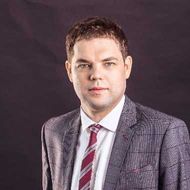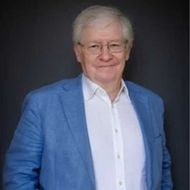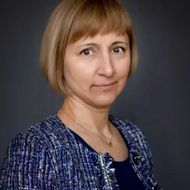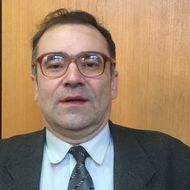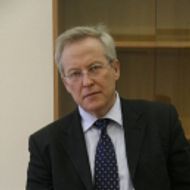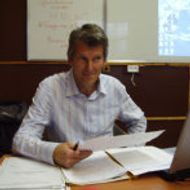- A
- A
- A
- ABC
- ABC
- ABC
- А
- А
- А
- А
- А
- HSE University
- Faculties
- Faculty of World Economy and International Affairs
- School of World Economy
- Events
- Research seminar “European carbon border adjustment mechanism: consequences for Russia's economy”
-
The School
17/1 Malaya Ordynka Str., Moscow, 119017
Phone: +7(495)772-95-90*22237
Email: wec@hse.ru
 The Multilateralism of the New Development Bank on the Sustainable Economic Growth in BRICS Nations and Beyond
The Multilateralism of the New Development Bank on the Sustainable Economic Growth in BRICS Nations and Beyond
Morozkina A., Grigoryev L. M., Gaspardo M. et al.
Emerald Group Publishing Ltd., 2025.
Galimov D., Gnidchenko A., Salnikov V.
Regional Research of Russia. 2025. Vol. 15. No. 1. P. 25-40.
Leonid Grigoryev, Morozkina A.
In bk.: The Multilateralism of the New Development Bank on the Sustainable Economic Growth in BRICS Nations and Beyond. Emerald Group Publishing Ltd., 2025. Ch. 6. P. 83-101.
Yakovlev A. A., Freinkman L., Ershova N. V. et al.
QoG Working Paper Series. 2023:19. University of Gothenburg, 2023. No. 19.

Research seminar “European carbon border adjustment mechanism: consequences for Russia's economy”
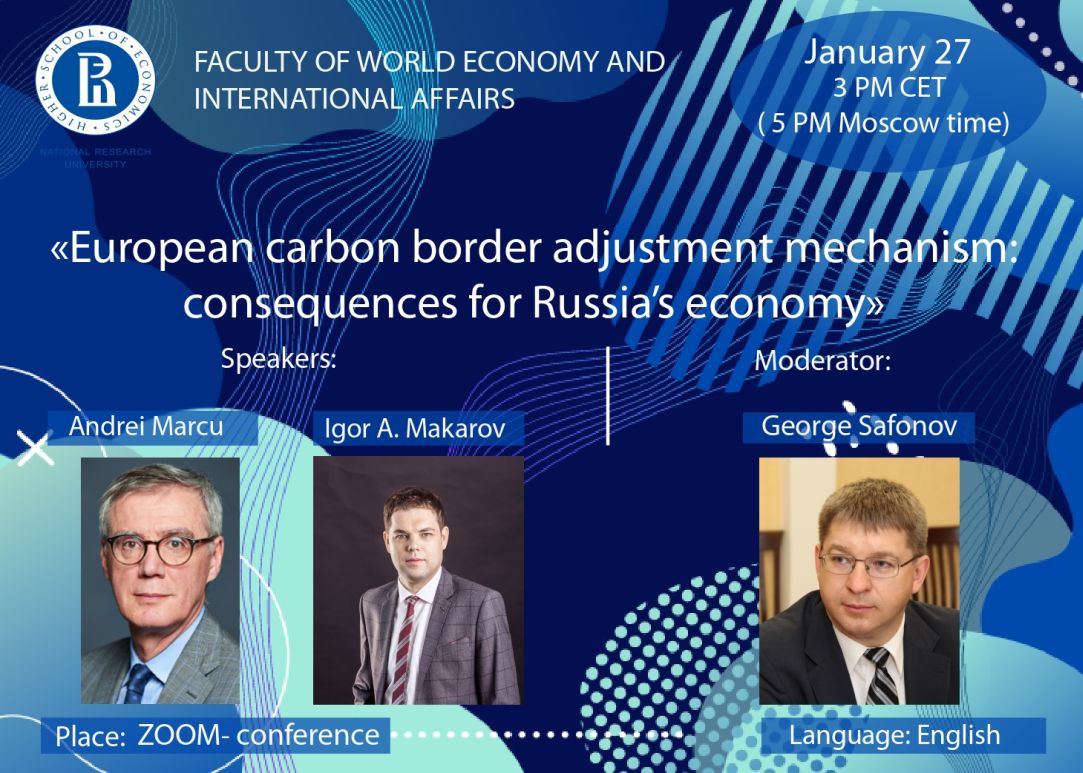
In 2019, the European Commission declared the European Green Deal setting the objective to achieve “climate neutrality” by 2050. One of the elements of this initiative is the Carbon Border Adjustment Mechanism (CBAM) aimed at preventing carbon leakage resulting from the ambitious climate policies and measures in the EU. The Russian exporters of fossil fuels and carbon-intensive products are among those who might suffer the most from CBAM.
Within the seminar, the following topics will be covered:
- What would be the design of CBAM? Which industries would face the biggest losses from it and when?
- Is CBAM an efficient climate policy instrument or rather the means of “carbon” protectionism?
- Are there risks of new trade wars as a result of CBAM implementation?
- How the Russian exporters could reduce their potential losses from CBAM implementation or benefit from new opportunities?
The distinguished speakers are:
- Andrei Marcu – Executive Director of the European Roundtable on Climate Change and Sustainable Transition (ERCST)
- Igor A. Makarov – Head of School of World Economy, HSE.
Moderator:
George V. Safonov – Director of the Centre for Environmental and Natural Resource Economics, HSE.
Date: January 27
Time: 3 PM CET (5 PM Moscow time)
Place: Zoom-conference
Language: English
To receive link to the Zoom-conference, please make sure to complete the registration form. One hour before the seminar starts, the link will be sent to the email address you indicated in the registration form.
- About
- About
- Key Figures & Facts
- Sustainability at HSE University
- Faculties & Departments
- International Partnerships
- Faculty & Staff
- HSE Buildings
- HSE University for Persons with Disabilities
- Public Enquiries
- Studies
- Admissions
- Programme Catalogue
- Undergraduate
- Graduate
- Exchange Programmes
- Summer Schools
- Semester in Moscow
- Business Internship
- © HSE University 1993–2025 Contacts Copyright Privacy Policy Site Map
- Edit
